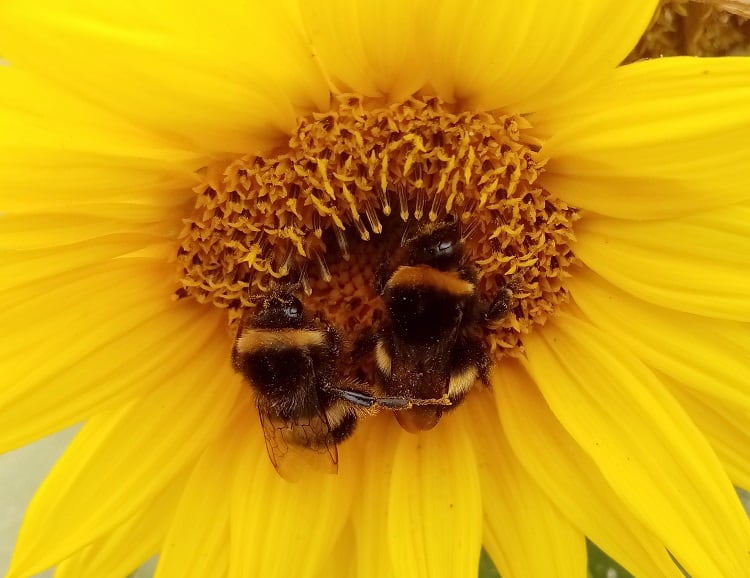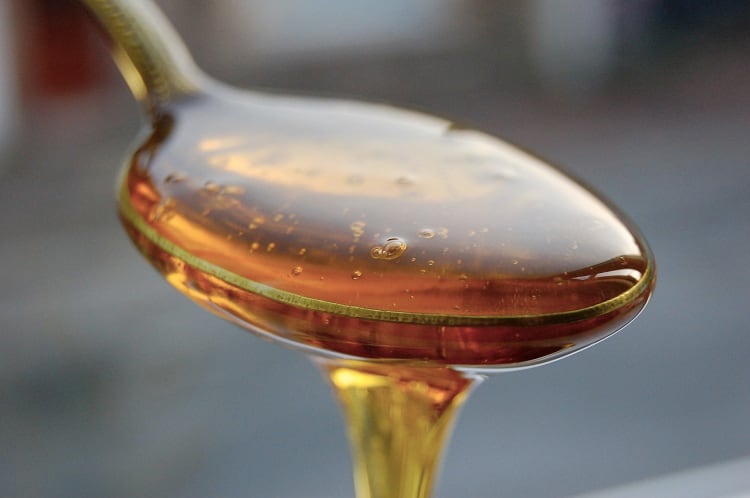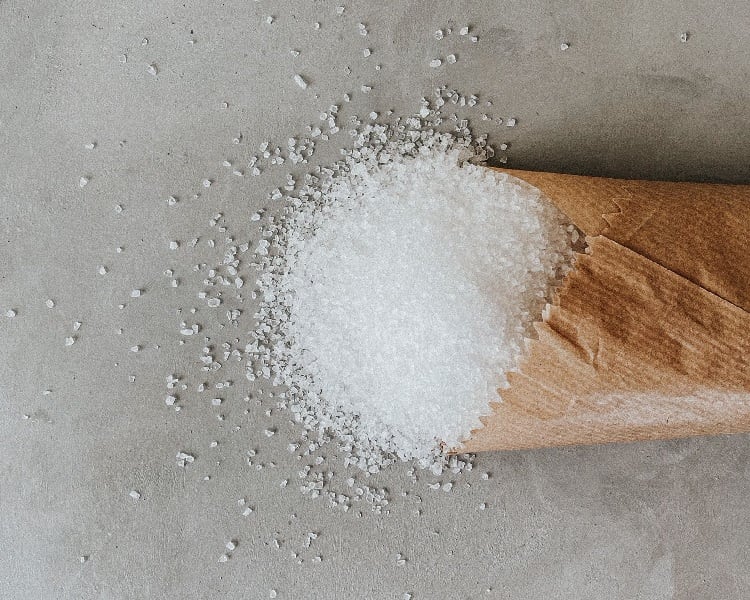Ingredients start-up Fooditive ‘likes to tackle the big issues’, from diet-related disease to climate change. The Dutch supplier’s innovative portfolio – ranging from vegan casein to a calorie-free sweetener and a sodium-reduced salt substitute – reflects its aim of delivering healthy, affordable food.
Fooditive’s most recent innovation aims to similarly support this goal, with climate change front-of-mind. The start-up is leveraging precision fermentation to develop a substitute for honey – a product that Fooditive CEO and founder Moayad Abushokhedim fears will become ‘much less available’ in the coming years.
‘Honey will become inaccessible’
Honeybees are the world’s major pollinators, responsible for pollinating more than 70% of cultivated crops globally.
Being cold-blooded, bees are impacted by the temperature of their surroundings. Climate change, therefore, could negatively impact their biology, behaviour, and distribution. As temperatures rise, the availability of food for bees could also be reduced.
Drought severity in some regions is already having a detrimental effect on honey production, via direct impacts on water resources and nectar availability. Fooditive’s Abushokhedim expects this trend will continue.

“Sadly, a lot of people don’t realise we are struggling with climate change. We should all carry the responsibility to contribute better products that are made with love for a better future. Honey will not be accessible to so many people in 10 years’ time, either because it will be difficult to obtain, or too expensive.”
Fooditive is developing bee-free honey to ensure future supply at an accessible price point. “Our aim is to deliver affordable, healthy food,” he told FoodNavigator.
Precision-fermentation derived enzymes
The start-up is leveraging the same technology applied to its vegan casein. The primary difference is that casein is a protein, whereas in Fooditive’s bee-free honey product, the company is producing enzymes.
“Honey has a differentiation of complexity. There are actually three types of enzymes in honey…. And there is a glucose and fructose combined with those enzymes,” explained Abushokhedim.
Fooditive will leverage precision fermentation to develop these three enzymes separately, before bringing them together in the ‘exact same combination’. The start-up does not expect the final product to be bio-identical to honey, but Abushokhedim said it will ‘definitely mimic the honey we get from bees’.
Down the line, Fooditive sees an opportunity to incorporate its own sweeteners – currently undergoing review by the European Food Safety Authority (EFSA) – to reduce calorie content.
“A lot of people forget that honey is high in calories. It’s still high in sugar. We do not promote this as a healthy product [at this stage], but it is a more environmentally friendly product.”
Honey: the ‘perfect preservative’
In mimicking honey, Fooditive aims to replicate the flavour and mouthfeel in food and beverage applications. The start-up is also targeting honey’s functionality.
“Honey not only has the perfect texture, but it has the perfect preservative effect,” explained the Fooditive founder. Indeed, in ancient times, honey was used as a food preservative because its high concentration of sugar forces the water out of potential food contaminants, such as yeast or bacteria.
“Honey will never grow mould or spoil. The water content is so low, at only around 3% of the actual product. This is also how you get the sticky effect,” we were told. Honey is still used as a food preservative, the founder continued, “it is still used in so many products and applications, ranging from candy to alcohols.”

The start-up expects to sell its honey-like ingredient into other categories, notably bakery and frozen confectionery. “The ice cream industry is using [honey] as well, to provide more of a creamy texture.”
However, being developed from genetically modified yeast and produced via precision fermentation, it is likely the ingredient will need to bypass Novel Foods authorisation in Europe first.
‘Opening new doors for honey’
Fooditive hopes to begin trialling its honey-like product with customers next year. Its two primary target markets are Europe and Asia.
“In Europe, we use honey, but it is not in such high demand as in Asia – one of the highest users. We see huge opportunities for us in Singapore, for example, because they have an easier [regulatory] process in this category,” the founder told this publication.
Once it has established itself in the B2B category, Fooditive will explore selling its honey-like product branded in retail. Whatever the format, Fooditive is convinced it will ‘open new doors’ for honey.




